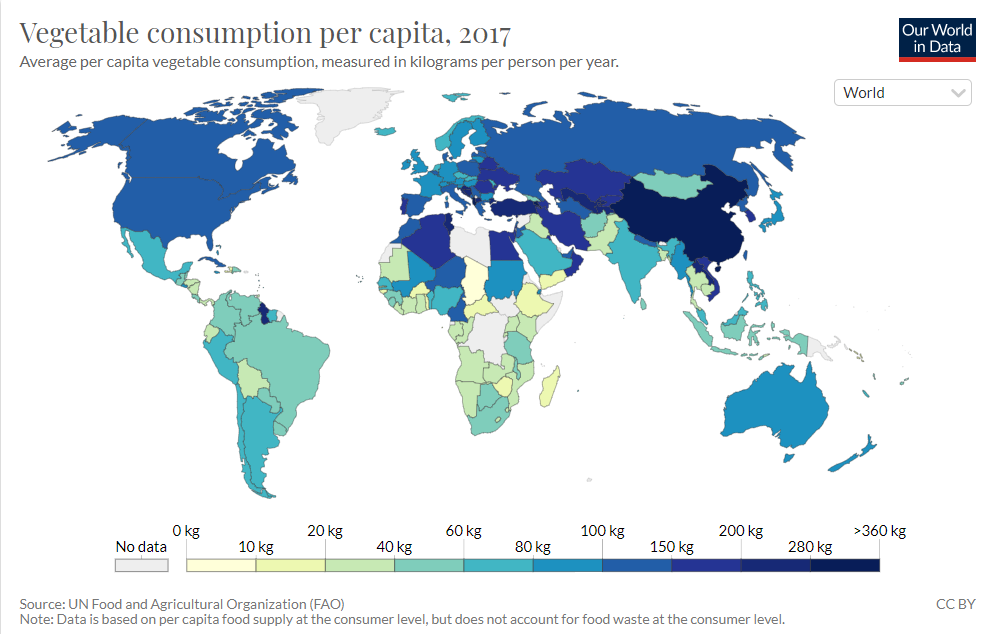A woman in the whisky business
By Di, October 25 2022Bessie Williamson (1910-1982) was a woman in a man's industry. She ran a whisky distillery in Scotland at a time when women weren't managers in any business, let alone the whisky business. But Williamson worked her way up from a typist to the owner and CEO of the Laphroaig [lah-FROYG] distillery, becoming a well-respected boss and highly successful manager. She brought Laphroaig distillery through difficult times during WWII and began a far-reaching modernization process before retiring.
Williamson was known in the business as the "Islay Labour Exchange" because she found a job for almost everyone who needed one. And if workers didn't have a pension plan, she kept them on well past the usual age of retirement. Her employees were always first in her mind, even in the hard times.







